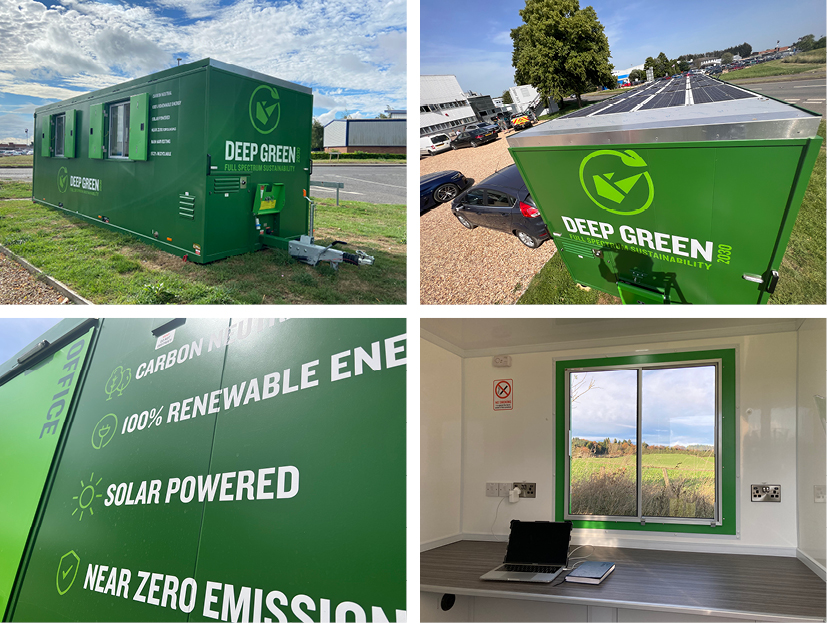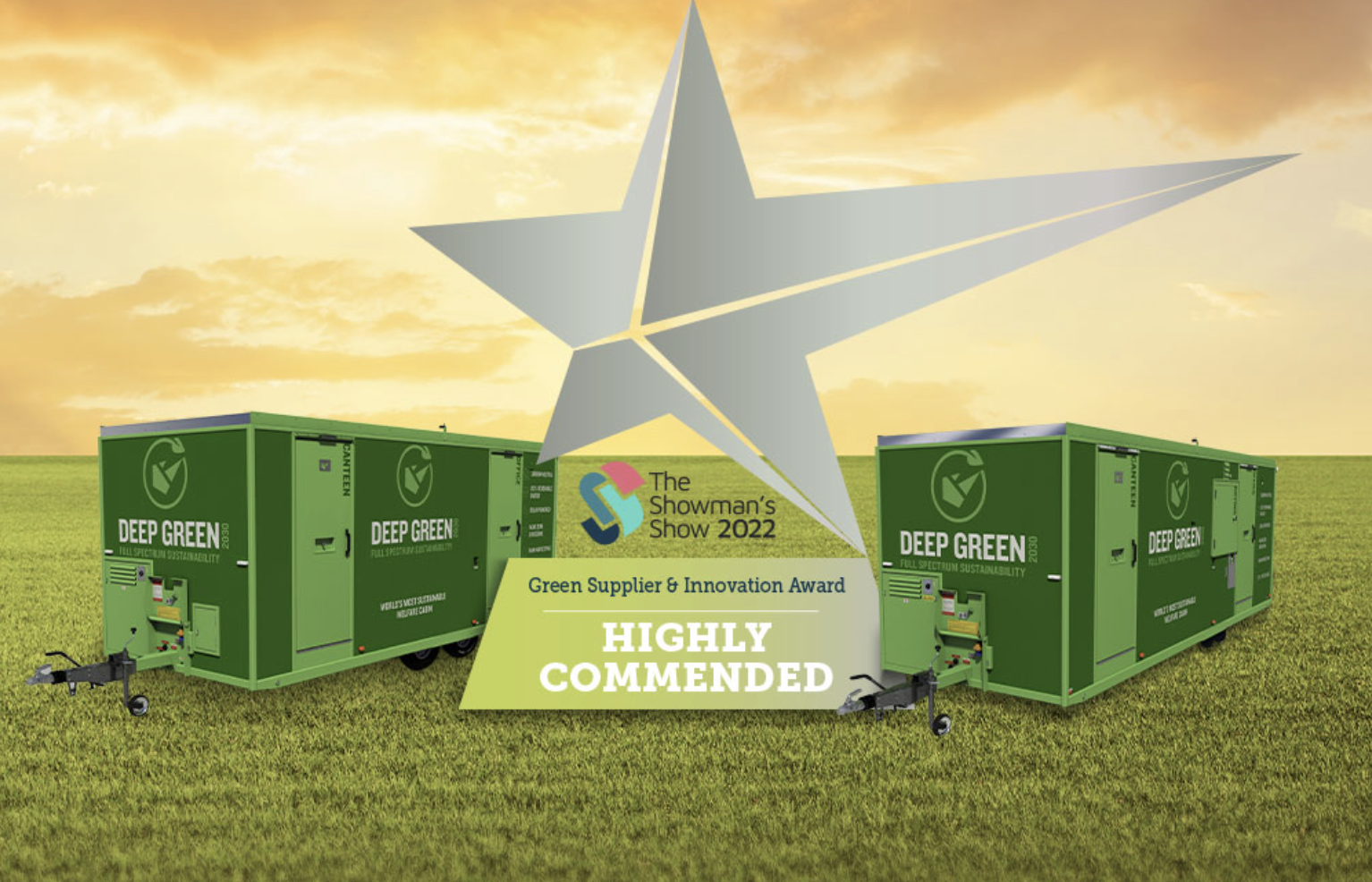Cutting welfare’s carbon footprint

UK welfare manufacturer is recognised for leading the way in reducing fuel use and emissions on site.
The construction industry worldwide is under pressure to move towards more environmentally friendly ways of operating. Many businesses have a real desire to rise to the challenge of finding more carbon neutral solutions in the face of climate change and other environmental threats. In addition, larger companies now find themselves legally obliged to report on their actions to move towards Net Zero targets and are also routinely required to demonstrate the impact on the environment of any project at the tendering stage.
However, while the will is there, sometimes it is difficult for companies to decide what are the most effective changes they can make to achieve true carbon savings. In the face of much conflicting and confusing information from product and service providers claiming to be eco-friendly, it can be hard to sort the wheat form the chaff and know exactly which products to choose that can effectively reduce environmental impact.

For this reason, welfare manufacturer Boss Cabins decided it was important that the fuel and carbon savings of their flagship solar-powered Deep Green welfare range were verified by independent internationally-recognised assessor, Carbon Footprint Ltd.
Boss Cabins Managing Director James Kearsey states: “We turned to Carbon Footprint Ltd. because we wanted independent confirmation that our Deep Green cabins really do offer the welfare market a best-in-class site accommodation solution that cuts our customers’ carbon emissions and carbon footprint as well as dramatically reducing their spend on fuel and servicing.”
“We are delighted that Carbon Footprint’s independent assessors have confirmed that choosing Deep Green cabins over other welfare options will significantly reduce the environmental impact of your site welfare.”
Carbon Footprint Ltd’s environmental consultants looked at both the direct savings in fuel made by using solar energy to power the cabin’s functions as well as how the cabins’ patented water saving technology and patented generator reduced the frequency of servicing.

James Kearsey explains: “Taking the example of a conventional diesel-powered 24ft canteen and office model – and comparing it to our solar-powered Deep Green 2030 unit – Carbon Footprint verified that an annual saving of 3,260 litres of diesel can be achieved per cabin, which equates to over 8 tonnes of CO2. Add to that the reductions in costs of maintenance engineers attending, and costs can be reduced by over £10,500 per annum.”

As well as achieving the Carbon Footprint verification, Boss’s Deep Green welfare range has also just received a Highly Commended accolade in the Green Suppliers and Innovations Awards organised by The Showman’s Show. These awards recognise the latest in green innovations and sustainable solutions that contribute to reducing the environmental impact of events and worksites.
James Kearsey commented: “It is gratifying that the Deep Green range is being recognised by so many industry players as a truly green site welfare solution. We’ve worked extremely hard to incorporate sustainability targets on many different levels – carbon neutral operation; renewable energy; near zero emissions; minimal water use; low waste; long-lasting build and materials; high recyclability – and we really do believe we have created the world’s most sustainable welfare range.”
The Deep Green 2030 range includes mobile and static welfare units plus portable toilet block solutions. To find out more, click here: https://www.bosscabins.co.uk/deep-green-solar-welfare-is-highly-commended/.

